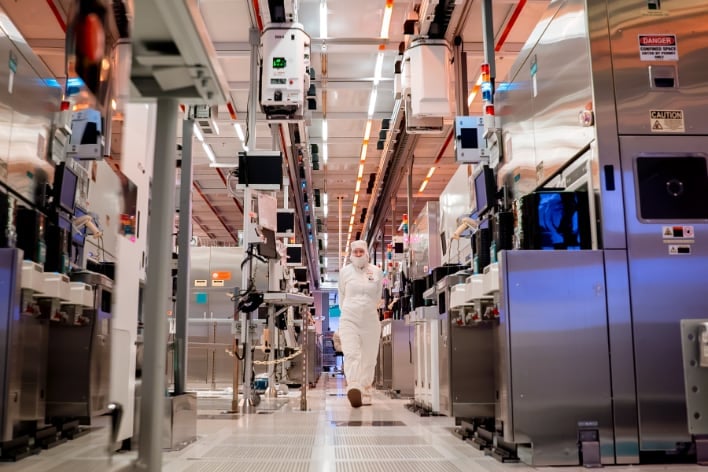Intel CEO Bob Swan Steps Down, Distinguished Former CTO Pat Gelsinger To Step In
Gelsinger is a 40-year industry veteran, and spent 30 years previously at Intel. He was responsible for the formation of the Intel Developer Forum, and served as Chief Technology Officer for the company before leaving to head to EMC back in 2009. He later became CEO of VMWare in 2012. Gelsinger's engineering-based background is seen as the perfect fit for righting the ship at Intel.
“After careful consideration, the board concluded that now is the right time to make this leadership change to draw on Pat’s technology and engineering expertise during this critical period of transformation at Intel," said Omar Ishrak, independent chairman of the Intel board. "The board is confident that Pat, together with the rest of the leadership team, will ensure strong execution of Intel’s strategy to build on its product leadership and take advantage of the significant opportunities ahead as it continues to transform from a CPU to a multi-architecture XPU company.”
“Having begun my career at Intel and learned at the feet of Grove, Noyce and Moore, it’s my privilege and honor to return in this leadership capacity," added Gelsinger. "I have tremendous regard for the company’s rich history and powerful technologies that have created the world’s digital infrastructure."

For his part, the outgoing Swan reflected on his 2-year tenure as Intel CEO and his focus on "improving execution to strengthen our core CPU franchise and extending our reach to accelerate growth."
The news was first reported by CNBC, and was confirmed by Intel a few minutes ago with an official press release. Interestingly, shares of INTC are up about 10 percent following the news to $58.70/share. The appointment of Gelsinger to the CEO position comes at a time when Intel has lost its manufacturing leadership position for shifting to smaller process nodes for its bread-and-butter processors. The company's processor roadmap was thrown into disarray as its struggled to make the transition from 14nm to 10nm.
And while the 10nm transition is currently underway -- particularly in the red-hot laptop segment -- the company last year announced that it had to delay the introduction of its next-generation 7nm process node. These delays have allowed long-time rival AMD to catch up to -- and in many cases, surpass -- Intel for the performance crown across multiple market segments. AMD's performance gains have also led to big market share gains that the company hasn't seen in over a decade.
It's been recently reported that Intel is in final talks to contract out at least some of its chip manufacturing to TSMC, but the first fruits of those labors won't arrive until at least 2023 if all goes as planned.


